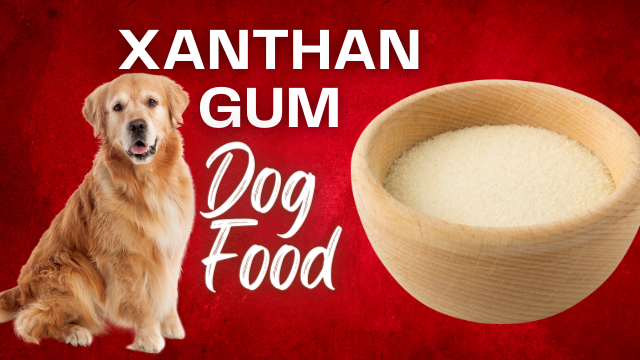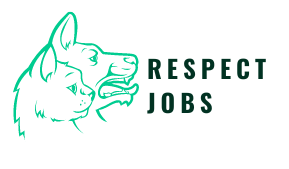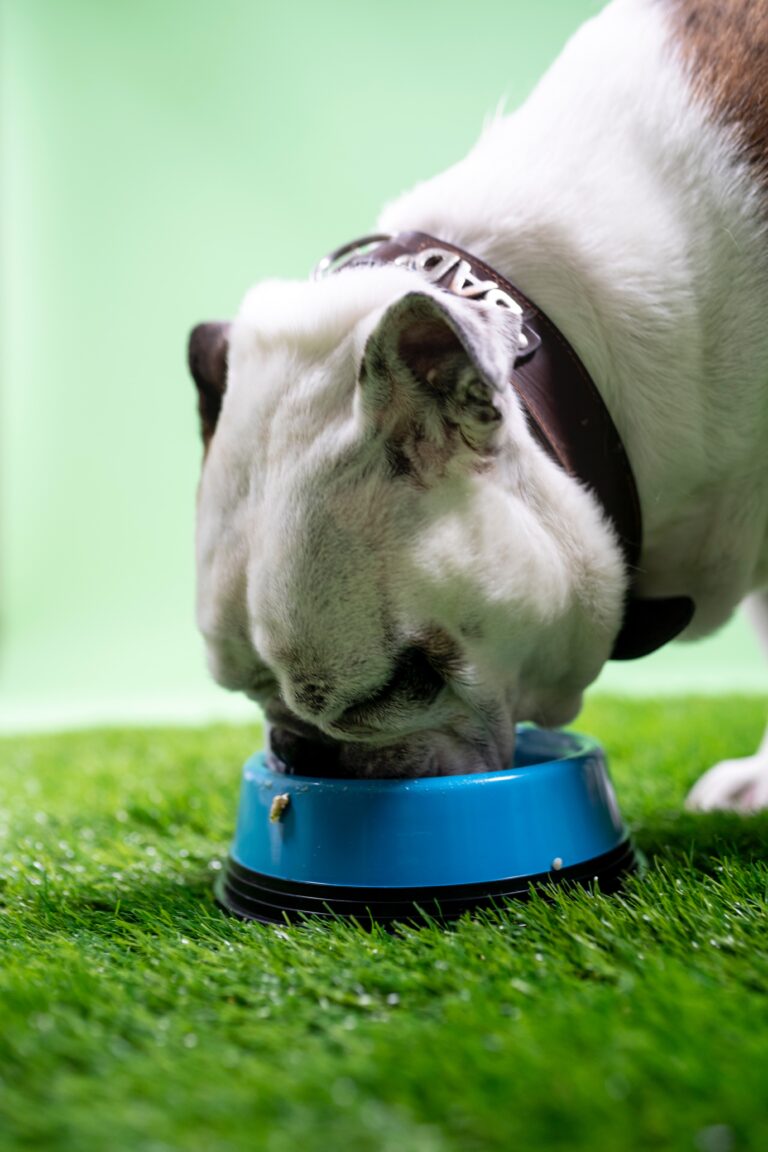Xanthan Gum for Dogs : Important Safety Information
Xanthan gum is a versatile food additive that is found in many of the products we consume daily. It’s a natural carbohydrate produced through the fermentation of sugar by Xanthomonas campestris bacteria. This ingredient has become increasingly popular in various food products, including dog food. In this article, we will explore the uses of xanthan gum in dog food and whether it is a safe and beneficial addition.
What Is Xanthan Gum?
Xanthan gum is a polysaccharide that acts as an excellent thickening and stabilizing agent. It is commonly used in a wide range of products, from salad dressings and sauces to ice cream and gluten-free baked goods. This versatile ingredient is known for its ability to create a desirable texture in foods, preventing ingredients from separating and improving overall product quality.

Xanthan Gum for Dogs Food
In the pet food industry, xanthan gum serves a similar purpose. It is primarily used as a thickening agent and stabilizer. It helps maintain the desired consistency of wet and canned dog foods, ensuring that the ingredients stay well-mixed and the product remains visually appealing to consumers.
Is Xanthan Gum Safe for Dogs?
When it comes to the safety of xanthan gum in dog food, there are some concerns to address. While the FDA has classified it as generally recognized as safe (GRAS) for human consumption, the safety of xanthan gum in dog food is still a subject of debate. Some dogs may experience digestive issues, such as diarrhea, when exposed to xanthan gum.
Benefits of Xanthan Gum in Dog Food
Despite the safety concerns, there are benefits to using xanthan gum in dog food. It is an effective thickener and stabilizer, providing a consistent texture to the food. Additionally, xanthan gum can extend the shelf life of dog food by preventing ingredient separation, which can lead to spoilage.
Risks and Concerns
The primary concern with xanthan gum in dog food is its potential to cause gastrointestinal problems. Some dogs may be more sensitive to it than others and could experience adverse reactions. If your dog has a history of digestive issues, you may want to consider dog food without xanthan gum.

Xanthan Gum Alternatives
For dog owners who want to avoid xanthan gum, there are alternative ingredients to consider. Guar gum, tapioca starch, and pectin are some of the options available to thicken and stabilize dog food naturally.
How to Choose Dog Food Wisely
When selecting dog food, it’s essential to consider the ingredients carefully. Read the labels and look for products that prioritize natural and easily digestible ingredients. If you are concerned about xanthan gum in your dog’s food, opt for brands that do not include it in their formulations.
Homemade Dog Food
Another way to ensure your dog’s food is free from additives like xanthan gum is to prepare homemade meals. Homemade dog food allows you to control the ingredients and create a balanced diet tailored to your pet’s specific needs. It’s essential to consult with a veterinarian to ensure your homemade recipes meet your dog’s nutritional requirements.
Xanthan Gum for Dogs
Conclusion
In conclusion, xanthan gum for dogs is a common food additive used in various products, including dog food. While it has benefits in terms of texture and shelf life, it can also pose risks to some dogs, especially those with sensitive digestive systems. As responsible pet owners, it’s crucial to be informed about the ingredients in your dog’s food and choose wisely based on their individual needs.
FAQs
1. Is xanthan gum always harmful to dogs?
No, xanthan gum is not inherently harmful to dogs, but some may be sensitive to it, leading to digestive issues.
2. Can I make my dog’s food at home to avoid xanthan gum?
Yes, preparing homemade dog food is a viable option to avoid additives like xanthan gum and have better control over your dog’s diet.
3. What are the signs of xanthan gum intolerance in dogs?
Signs of xanthan gum intolerance may include diarrhea, vomiting, and digestive discomfort.
4. Are there dog food brands that do not use xanthan gum?
Yes, there are dog food brands that offer xanthan gum-free formulations. Check product labels for details.
5. Should I consult my veterinarian before changing my dog’s diet?
Yes, it’s always advisable to consult your veterinarian before making significant changes to your dog’s diet to ensure it meets their nutritional needs.
Xanthan Gum for Dogs
Xanthan gum is a natural food additive commonly used in various products, including dog food, as a thickening and stabilizing agent. It helps maintain consistent texture and extends shelf life.
Can I find dog food without xanthan gum?
Yes, there are dog food brands that offer xanthan gum-free options. Check the product labels or consult the manufacturer’s website for ingredient information.







One Comment